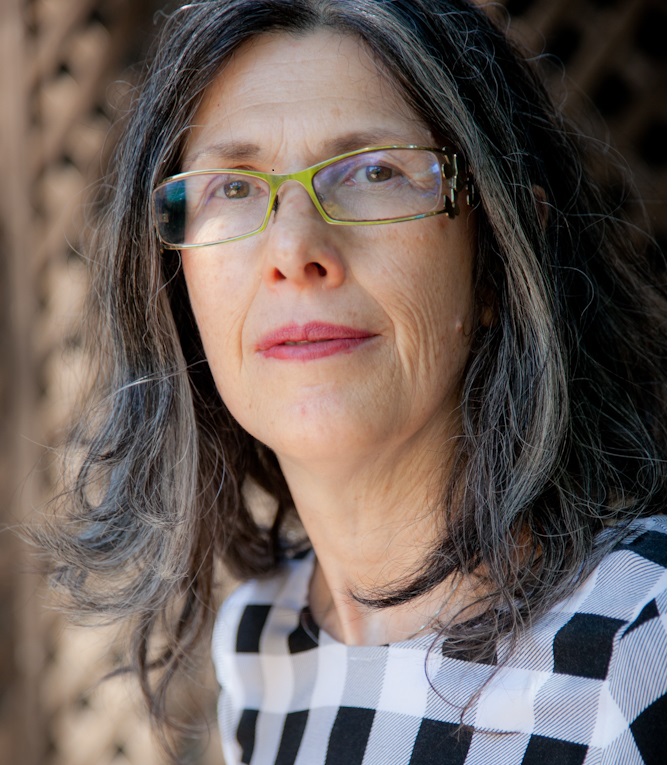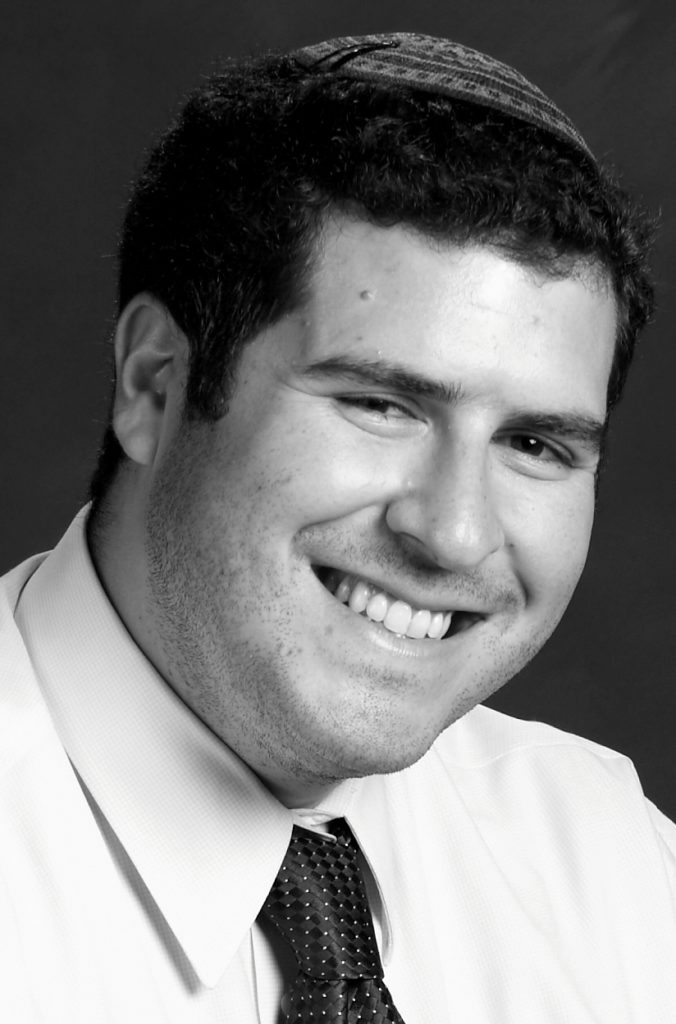
Hunger: Edom or Israel?
There were three hundred and sixty five thoroughfares in the great city of Rome, and in each there were three hundred and sixty five palaces; and in each palace, there were three hundred and sixty five stories and each story contained sufficient to provide the whole world with food. (Talmud Bavli Pesachim 118b) With less...
read more







